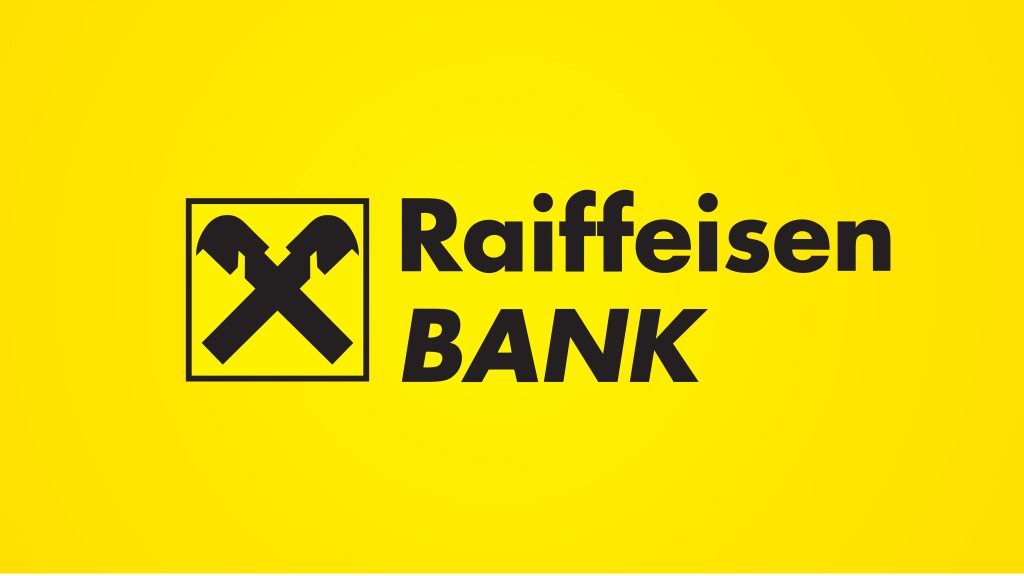Russian court has ordered the Austrian bank Raiffeisen to pay damages amounting to 2 billion euros.
A Russian court has ordered Austria's Raiffeisen Bank International, the largest Western bank operating in Russia, to pay over 2 billion euros ($2.1 billion) in damages.
This landmark decision highlights the risks associated with conducting business in Russia. In this case, Raiffeisen's legal representatives alleged that the court employed intimidation tactics. This ruling stands as one of the most significant judgments against a Western entity still active in Russia, featuring one of the largest damage awards to date. Raiffeisen Bank International (RBI) announced its intention to contest the ruling against its Russian subsidiary and to pursue legal avenues to recover a portion of the awarded damages.
The bank indicated that it would need to allocate a provision in its financial statements from the previous year to account for the 2 billion euro damage award. Nearly three years following Russia's full-scale invasion of Ukraine, RBI's ongoing operations in Russia reflect the enduring connections between Moscow and Vienna, which has acted as a conduit for financial flows from Russia and former Soviet nations.
This relationship places Raiffeisen and Austria at the forefront of a global initiative led by the United States to isolate Russia by tightening banking sanctions and restricting access to Western products following the invasion of Ukraine. The ruling on Monday exemplified Russia's capacity to exert legal pressure on the Austrian bank. Andrei Timchuk, a partner at Delcredere representing Raiffeisen Bank, stated,
"This lawsuit, with a huge number of gross violations, is an attempt to force the sale of blocked assets through a Russian court."
He further noted that the defendants faced restrictions in their ability to communicate, submit petitions, and present evidence, accusing the court of hastily favoring Rasperia. Timchuk also reported that unidentified individuals in balaclavas attended the court hearing, positioned next to the defendant, seemingly to apply additional pressure.





















